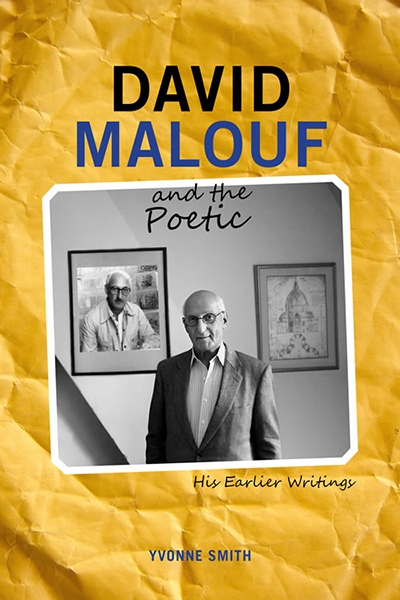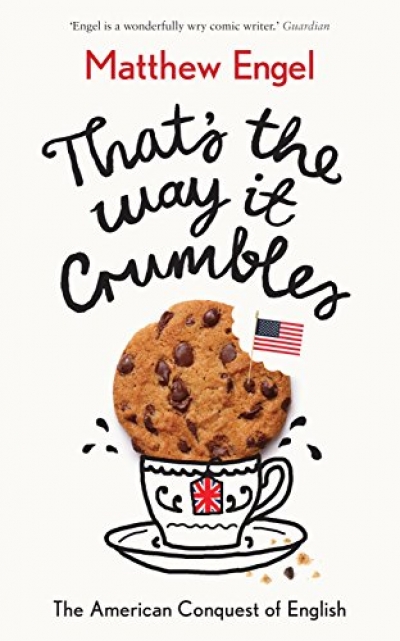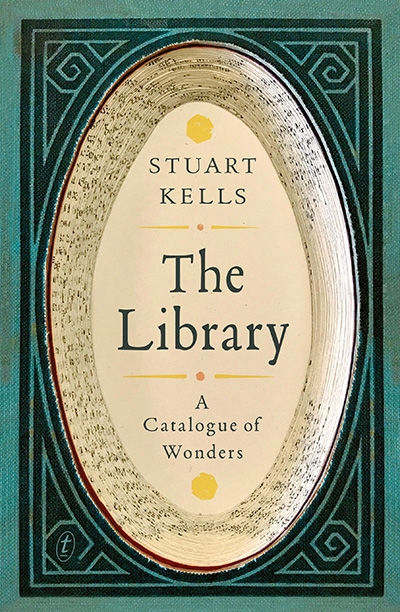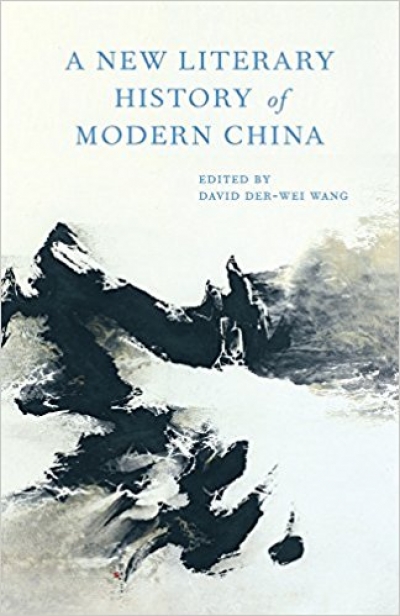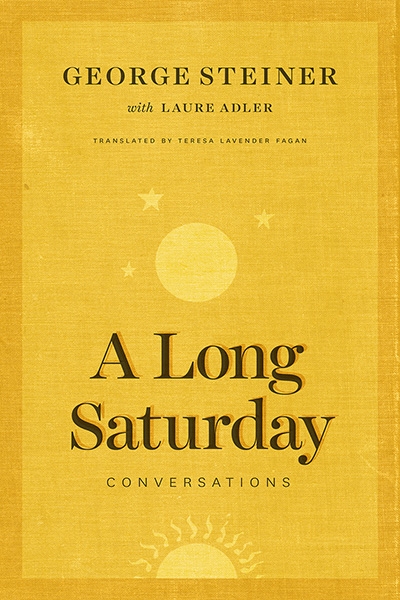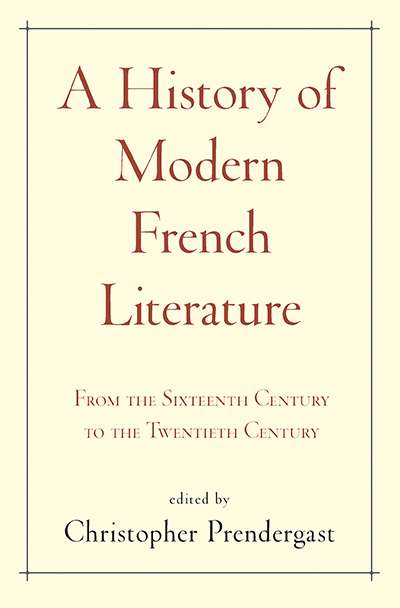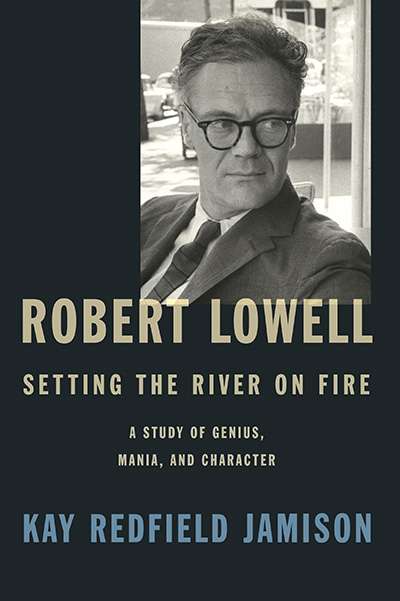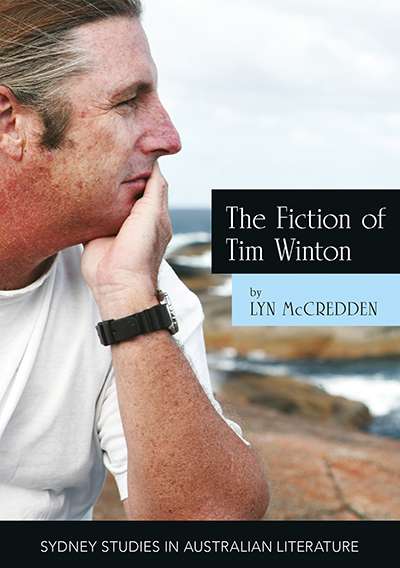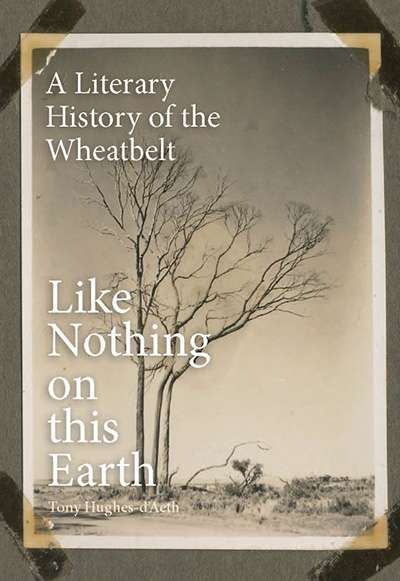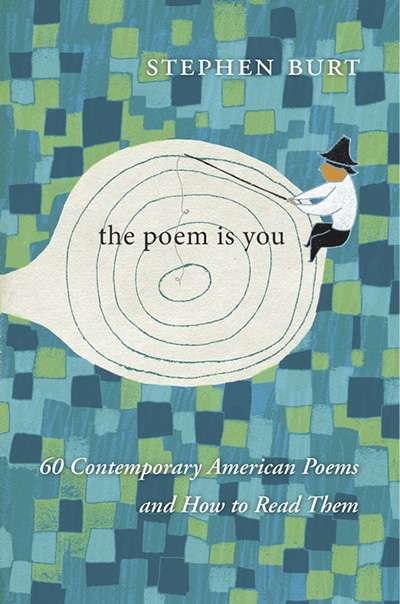Literary Studies
David Malouf and the Poetic: His earlier writings by Yvonne Smith
by David McCooey •
That’s the Way It Crumbles: The American conquest of English by Matthew Engel
by Bruce Moore •
A New Literary History of Modern China edited by David Der-Wei Wang
by Nicholas Jose •
A Long Saturday: Conversations by George Steiner and Laure Adler
by Andrew Fuhrmann •
A History of Modern French Literature: From the sixteenth century to the twentieth century edited by Christopher Prendergast
by Colin Nettelbeck •
Robert Lowell: Setting the river on fire: A study of genius, mania and character by Kay Redfield Jamison
by Ian Dickson •
The Fiction of Tim Winton: Earthed and sacred by Lyn McCredden
by Tony Hughes-d'Aeth •
Like Nothing on this Earth: A literary history of the wheatbelt by Tony Hughes-d’Aeth
by Delys Bird •

